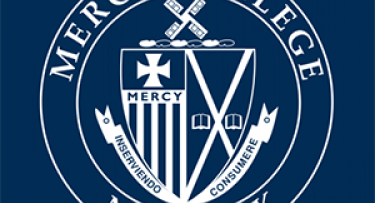Mercy College’s COVID-19 Testing Kits Ranked as the Nation’s Most Accurate by FDA

Mercy College has learned that the saliva test it uses for surveillance testing was recently ranked number one by the U.S. Food and Drug Administration.
Surveillance testing focuses on random testing of people within a limited population area to determine the prevalence of COVID-19 infection and is one of the key weapons in the fight against COVID-19. By regularly testing people who are asymptomatic, meaning showing no symptoms of disease, the test can provide accurate data that help the College make informed, timely decisions regarding the safety of students, faculty and staff.
President Tim Hall called the news “encouraging,” and stated that Mercy’s many efforts to keep the community safe “have proven effective.” He noted that the College has not learned of any positive cases among residential students who were tested before and after Thanksgiving.
Since the College began testing students, faculty and staff on campus at the beginning of the fall 2020 term, a total of 1,644 COVID-19 tests have been conducted. Since mid-October, when surveillance testing began, 629 of the tests have resulted in only one positive case.
The procedure for surveillance testing involves collecting saliva using a cotton swab placed in the mouth. The test is fast and easy to use with results back within 48 hours. Since it can identify the virus in its earliest stage, it provides timely information on who is positive, which enables immediate isolation of those infection.
The test was developed by SUNY Upstate Medical University and Quadrant Biosciences, a Syracuse biotechnology startup. The FDA cited the test as being among the most sensitive tests regardless of type, ranking sixth worldwide in detecting the virus.
“Mercy’s use of surveillance testing has been an instrumental part of our overall plan to protect the health of our campus communities,” said Mercy’s Director of Health and Wellness Programs Colleen Powers. “We are also adhering to established safety guidelines, including mask-wearing, social distancing, hand washing, and symptom monitoring and reporting. Taken together, these actions, which are essential to preventing spread of the virus, are the surest way we have for safeguarding the Mercy community.”
